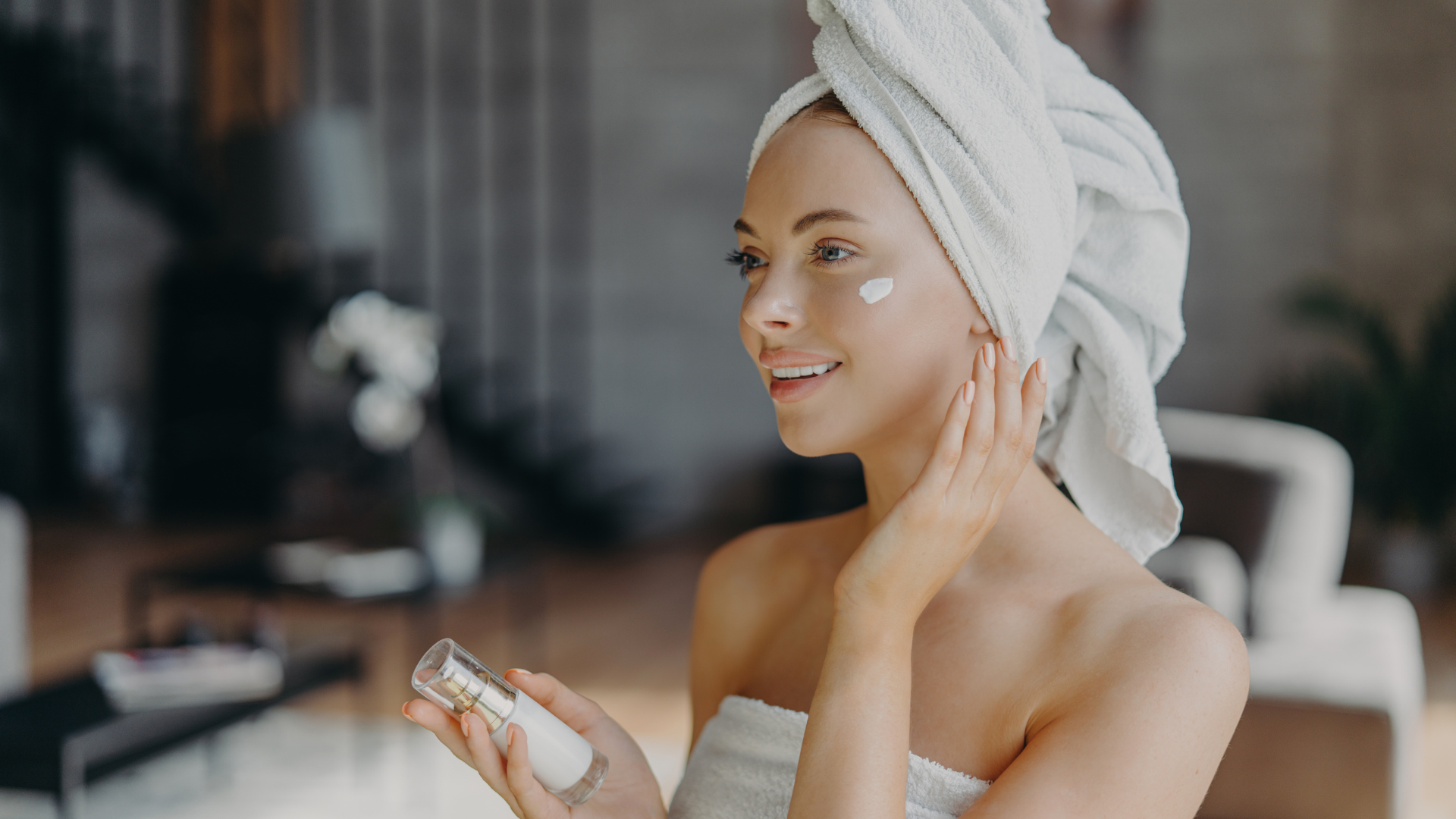Stress can affect the skin in various ways, such as inflammation, premature aging, acne breakouts, and dark circles.
Cortisol is a hormone released in
response to stress which triggers oil glands production and affects the immune
system.
Anti-inflammatory foods, retinoids,
vitamin C, and hyaluronic acid serums can help reduce the effects of
stress-induced inflammation.
Exercise, meditation, and deep
breathing are excellent stress reduction methods.
Investing in your health with a good
diet and adequate sleep is essential for reducing stress levels.
Stress is a natural part of life, and we will experience it eventually. However, it is essential to understand how stress can affect your mental and physical health, particularly your skin. Have you ever noticed your skin looks dull or has acne breakouts or wrinkles when stressed? This is because stress can make our skin appear sallow and unhealthy. Here's what you need to know about stress and how it can affect your skin.
Stress and Cortisol
One of the most significant effects of
stress on your skin is the production of cortisol, a hormone released in
response to stress. Cortisol triggers the body's fight-or-flight response and
can affect various bodily functions, including the skin. This hormone
stimulates oil glands, leading to acne breakouts, oily skin, and more. Here's
how stress can affect your skin.
Inflammation
Stress can cause inflammation, leading to
various skin problems such as psoriasis, eczema, acne, and rosacea. Stress
triggers the production of cortisol, a hormone that causes inflammation. When
cortisol levels are high, it affects the immune system, leading to various skin
problems. To manage stress-induced inflammation, try incorporating
anti-inflammatory foods in your diet and practicing stress management
techniques such as meditation, yoga, or deep breathing exercises.
Premature Aging
Stress can accelerate aging by reducing collagen production in the skin, leading to fine lines and wrinkles. Cortisol also damages the skin's natural barrier, leading to dehydration and dry and dull-looking skin. To reduce the effects of stress-induced premature aging, use anti-aging skincare products such as retinoids, vitamin C, and hyaluronic acid serums. You should also avoid smoking and alcohol consumption, which could exacerbate the effects of stress on the skin.
Acne Breakouts
Stress can cause an increase in oil
production, leading to clogged pores and acne breakouts. The stress hormone
cortisol triggers the production of androgens, hormones that increase oil production
in the skin.
Try using oil-free skin care products and
gentle cleansers to prevent stress-induced acne breakouts. There are also
treatments meant for acne. One of the best options is robust
laser face treatment for acne. This treatment utilizes safe laser
technology to target and reduce acne-causing bacteria.
Dark Circles and Puffy Eyes
Stress can affect your sleep, leading to
dark circles and puffy eyes. Lack of sleep increases inflammation, leading
to dark circles, puffiness, and dull-looking skin. To reduce the effects of
stress-induced dark circles and puffy eyes, try incorporating a cucumber or
chamomile tea compress before sleeping, which helps soothe the skin and reduce
inflammation. Getting enough sleep and maintaining good sleep hygiene is also
essential.
Hair Fall and Thinning
Stress can also affect your hair, leading
to hair thinning, breakage, and even hair loss. Stress triggers the production
of androgens, which lead to hair follicle miniaturization and retard hair
growth. To manage stress-induced hair fall and thinning, ensure enough sleep,
eat a balanced diet rich in vitamins and minerals, and use nourishing hair oils
and conditioners. You should also avoid using harsh hair products, dyes, and
treatments that could further damage your hair.
Easy Ways to Reduce Stress
Dealing with stress is the best way to keep it from affecting your skin. Here are a few things you can do to reduce stress and its effects on the skin:
Exercise
Exercise is a great way to reduce stress.
Physical activity releases endorphins, which are natural painkillers and mood
elevators. Exercise can also improve your sleep, which can further reduce
stress levels. A simple 30-minute daily workout can greatly affect your stress
levels.
Meditation
Meditation is a powerful tool to reduce
stress. Practicing mindfulness can help you to stay in the present moment
and not worry about the future or dwell on the past. Meditation can also
help to reduce anxiety levels. A few minutes of meditation every day can
profoundly impact your stress levels.
Deep Breathing
Deep breathing exercises can help to reduce
anxiety and stress levels. Take a deep breath, filling your lungs with air and
then slowly exhaling. Repeat this process several times, making you feel calmer
and more relaxed. Deep breathing can be done anywhere, anytime, and only takes
a few minutes.
Get Enough Sleep
Lack of sleep can increase stress levels.
Make sure you are getting enough sleep each night. If you have difficulty
sleeping, try to establish a regular sleep routine. Avoid working or watching
TV in bed. Instead, read a book or do some meditation before going to sleep.
Invest in Your Health
Investing in your health can also reduce
stress levels in the long run. Eating healthy foods, drinking plenty of water,
and avoiding caffeine and alcohol can help to reduce stress levels. You should
also get regular check-ups with your doctor to ensure that you are staying
healthy. Exercise and a healthy lifestyle can help to reduce stress levels.
Stress and skin go hand in hand. To keep
stress from affecting your skin, you need to understand how it affects the body
and how to manage stress levels effectively. A few simple lifestyle changes can
help reduce stress and its effects on the skin. Taking care of your mental
health is essential for healthy-looking skin. Ensure you sleep enough and
invest in your health to reduce stress levels. Stress management techniques
such as meditation and deep breathing can also help you stay calm and relaxed.

No comments
Post a Comment